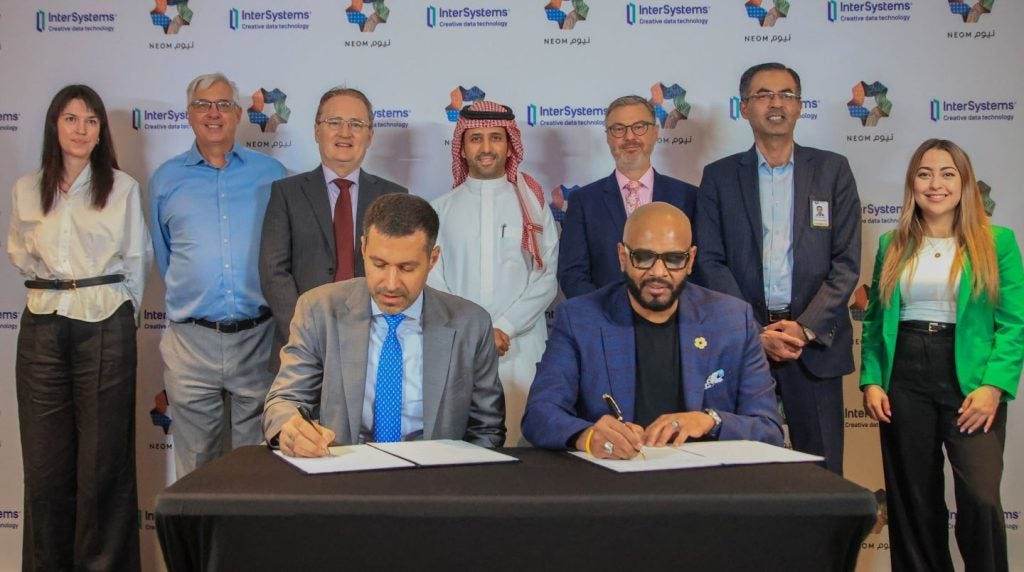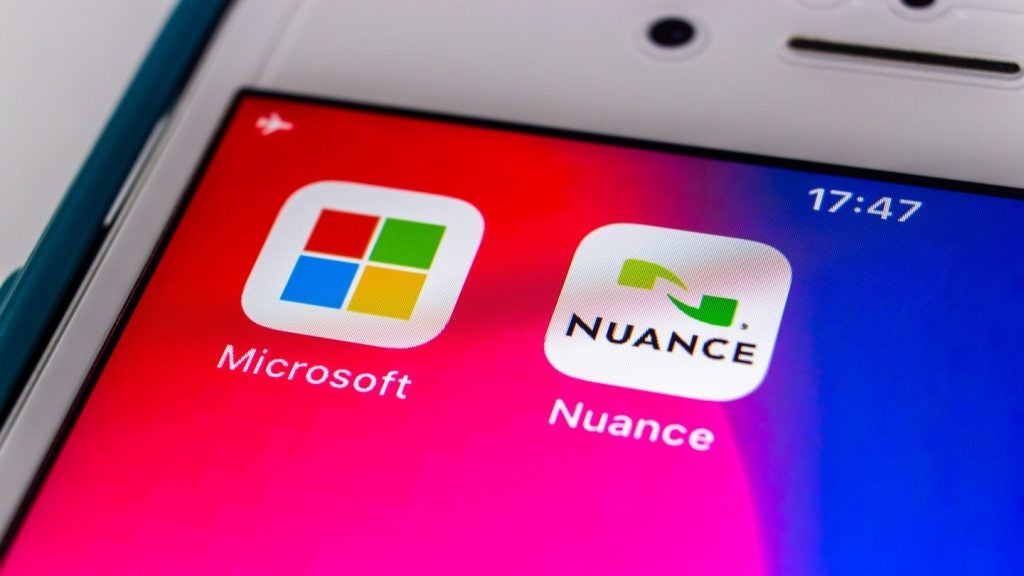
US-based healthtech company Fabric has secured $60m in its Series A financing round led by venture capital company General Catalyst.
Thrive Capital, Google Ventures, Box Group, Salesforce Ventures, Vast Ventures and Atento Capital also contributed to the fundraising.
Based in New York, Fabric provides in-person care, virtual care and patient engagement solutions via its care enablement system.
The company recently acquired GYANT, a conversational AI care assistant, as part of its efforts to improve the patient-to-clinician journey.
A significant portion of the Series A funding will be used to improve Fabric’s care enablement system, which can be used for delivering workforce automation and ease in the form of a unified platform, replacing use of fragmented technology solutions.
This system is also expected to bring convenience to patients through self-service features and post-visit engagement, as well as streamline workflows for clinicians to boost efficiency.
How well do you really know your competitors?
Access the most comprehensive Company Profiles on the market, powered by GlobalData. Save hours of research. Gain competitive edge.

Thank you!
Your download email will arrive shortly
Not ready to buy yet? Download a free sample
We are confident about the unique quality of our Company Profiles. However, we want you to make the most beneficial decision for your business, so we offer a free sample that you can download by submitting the below form
By GlobalDataIn addition, Fabric plans to invest in advancing its AI capabilities to improve customer efficiency and explore strategic mergers and acquisitions that support its vision for a comprehensive care enablement system.
Fabric founder and CEO Aniq Rahman said: “Healthcare faces unprecedented challenges, including rising demand, underlying costs, and staffing constraints, which pose significant barriers to access.
“With the investment, we will continue addressing these challenges and further our mission of providing boundless care through seamless and intuitive experiences.”
Fabric’s system aims to improve clinical capacity and access to care by using AI to quickly identify patient symptoms and direct them to the appropriate care settings, such as primary or urgent care centres or virtual care.
To date, the platform has facilitated more than 12 million patient interactions and improved processes for around 3,500 clinicians.
It features 70 enterprise health customers, including Luminis Health, a company that provides care for 1.8 million people.







